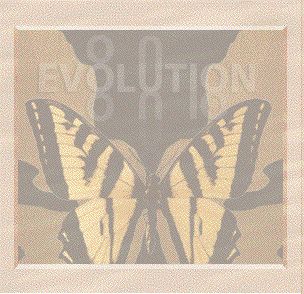Huntington's disease

The case of Huntington's disease in South Africa provides a striking example of the founder effect.
The Afrikaner population of South Africa is mainly descended from one shipload of immigrants which landed in 1652. The early colonists included individuals with a number of rare genes. The ship of 1652 contained a Dutch man carrying the gene for Huntington's disease, an autosomal dominant disease which does not appear until the sufferer is over 40 years old and leads to certain death within five to 10 years. Most cases of the disease in the modern Afrikaner population can be traced back to that individual.
The individual carriers of the genes for Huntington's disease will have lower fitness than average, and selection will therefore act to reduce the frequency of the gene to zero. Thus its present high frequency suggests that the founder population had an even higher frequency, because it will have probably been decreased by selection since then. Any particular founder sample would not be expected to have a higher than average frequency of the Huntington's disease gene, but if enough colonizing groups set out, some of them are bound to have peculiar, or even very peculiar, gene frequencies.
| Next |



